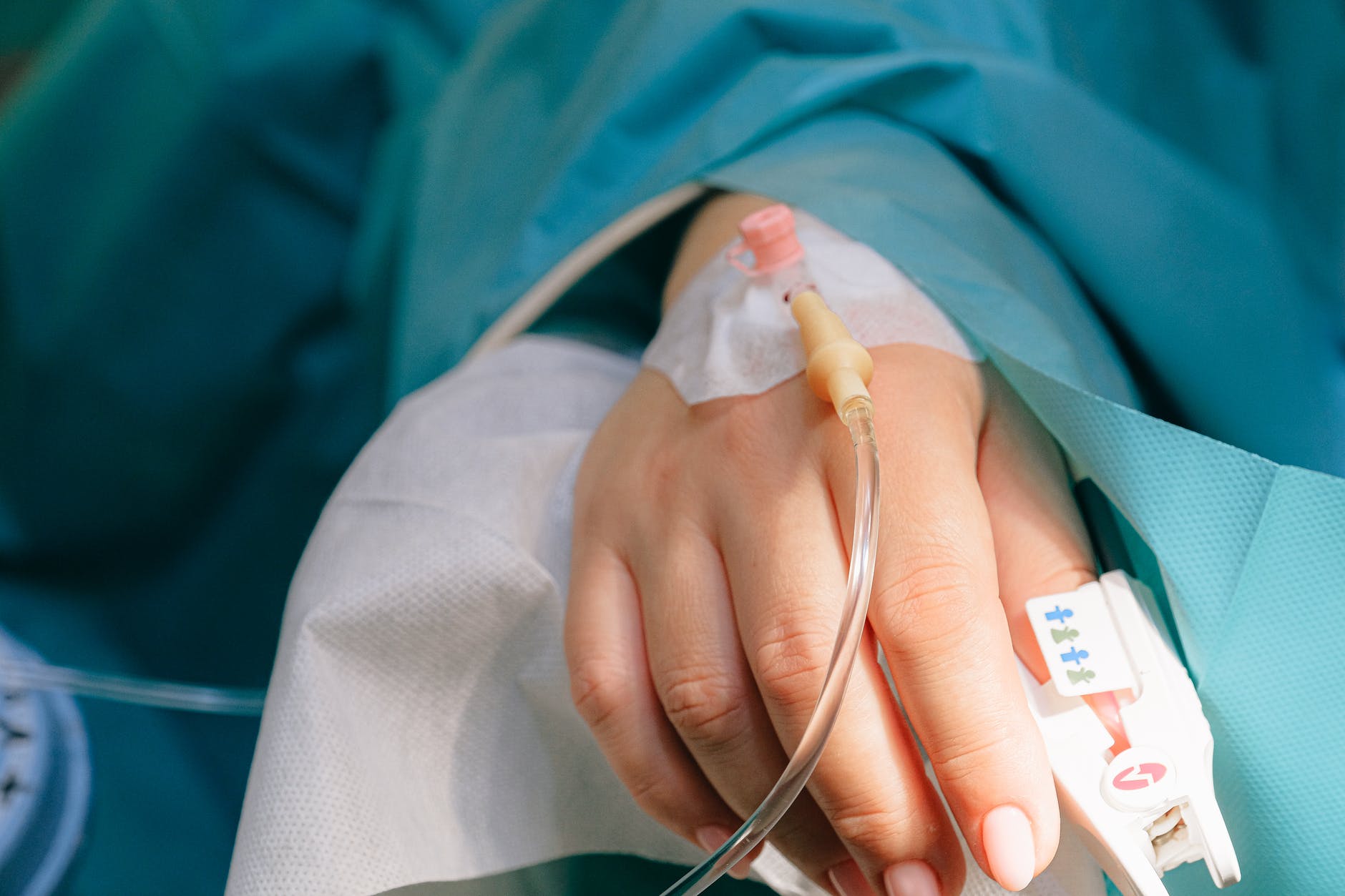
The new coronavirus leads to sudden strokes in young adults, according to doctors on Wednesday.
Doctors point out that the coronavirus can cause strokes among people in their 30s and 40s who are not otherwise terribly ill.
They said patients hesitate to call 911 because they learned that hospitals are overwhelmed by coronavirus patients.
There is a growing evidence that COVID-19 infection can lead to clotting of the blood in unusual ways. Stroke would be an expected effect of that.
Dr. Thomas Oxley, a neurosurgeon at Mount Sinai Health System in New York, and colleagues presented information on five people they treated. The patients were under the age of 50. They manifested either mild symptoms of COVID-19 infection or no symptoms at all.
"The virus seems to be causing increased clotting in the large arteries, leading to severe stroke," Oxley told CNN.
"Our report shows a seven-fold increase in incidence of sudden stroke in young patients during the past two weeks. Most of these patients have no past medical history and were at home with either mild symptoms (or in two cases, no symptoms) of COVID," he added.
"All tested positive. Two of them delayed calling an ambulance."
FAST
Some doctors said that people hesitate to reach out to 911 or head to emergency rooms because of the pandemic.
It is not common for young people to suffer from strokes, especially strokes in the large vessels in the brain.
"For comparison, our service, over the previous 12 months, has treated on average 0.73 patients every 2 weeks under the age of 50 years with large vessel stroke," the team wrote in a letter to be published in the New England Journal of Medicine.
A stroke in a large blood vessel leads to severe damage. Data shows that at least one patient already passed away. Others remain in rehabilitation facilities, intensive care or in the stroke unit.
Only one went home but will need intense care, Oxley said.
"The average person who has a large vessel stroke is severely impaired," Oxley said. "It means it a bigger clot. It includes one of the largest arteries in the brain."
Brain cells no longer function when blood flow halts. Moreover, the longer the cells are blocked, the wider the damage in the brain. Urgent treatment is important.
"The most effective treatment for large vessel stroke is clot retrieval, but this must be performed within 6 hours, and sometimes within 24 hours," Oxley said.
Oxley reported that his team wanted to inform people to monitor any sign or symptoms of coronavirus infection. They must 911 immediately if they have any evidence of stroke.
"Up until now, people have been advised to only call for an ambulance with shortness of breath or high fever," he wrote.
He also mentioned that the easy memory device for stroke is "FAST" which is F for face drooping, A for arm weakness, S for speech difficulty and T for time to call 911.
Insomnia during pandemic
Many people are experiencing sleeping difficulty during the coronavirus pandemic.
Professor Colin Espie, a professor of sleep medicine at the University of Oxford, explains that having disrupted sleep, insomnia, and vivid dreams are understandable. This is because the coronavirus pandemic can affect one’s sleep.
The public must monitor their sleeping habit and prioritize getting good sleep. A study in China has revealed that people with insomnia have significantly higher risk of having a heart attack or stroke.
The study, which examined almost 500,000 people, found that the risk of heart attack or stroke increases by almost 20% in people with insomnia. The findings add to numerous studies linking insomnia to poor health outcomes.






